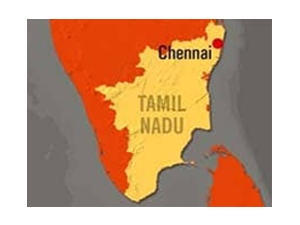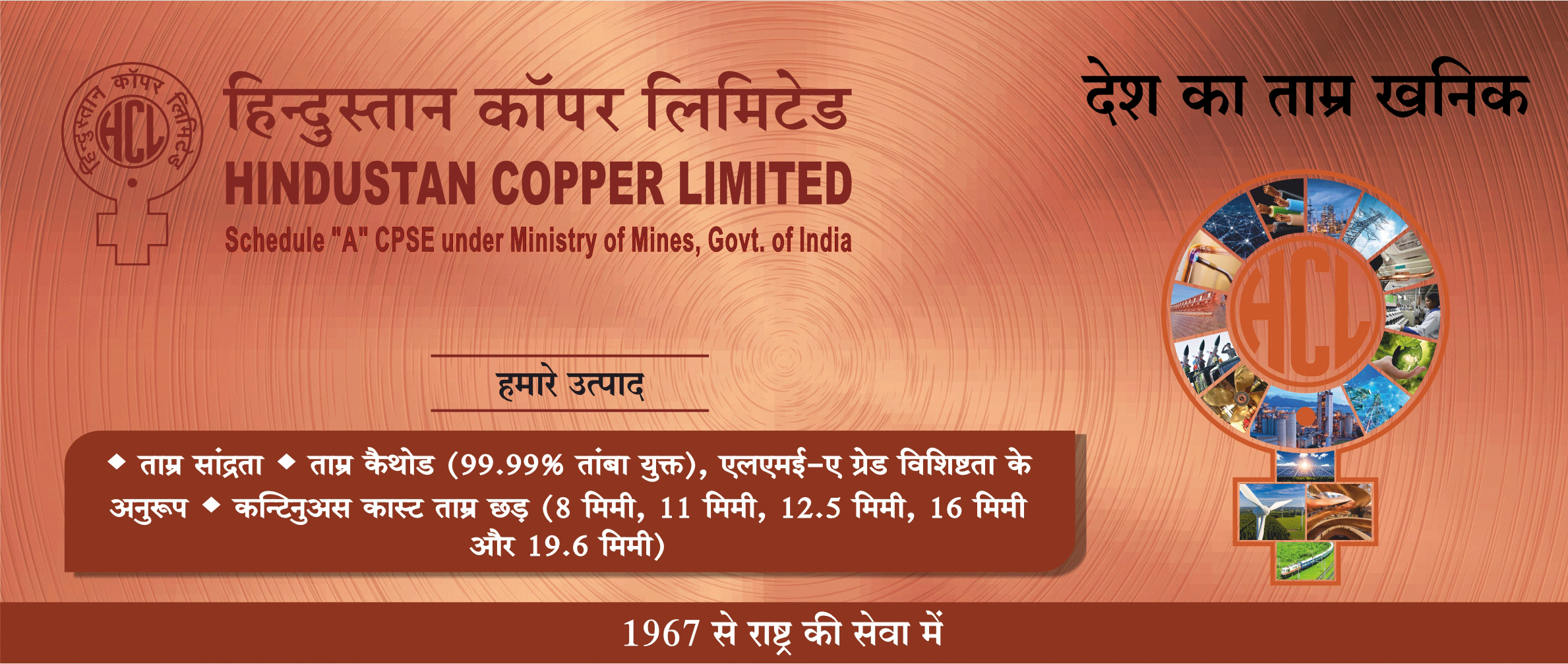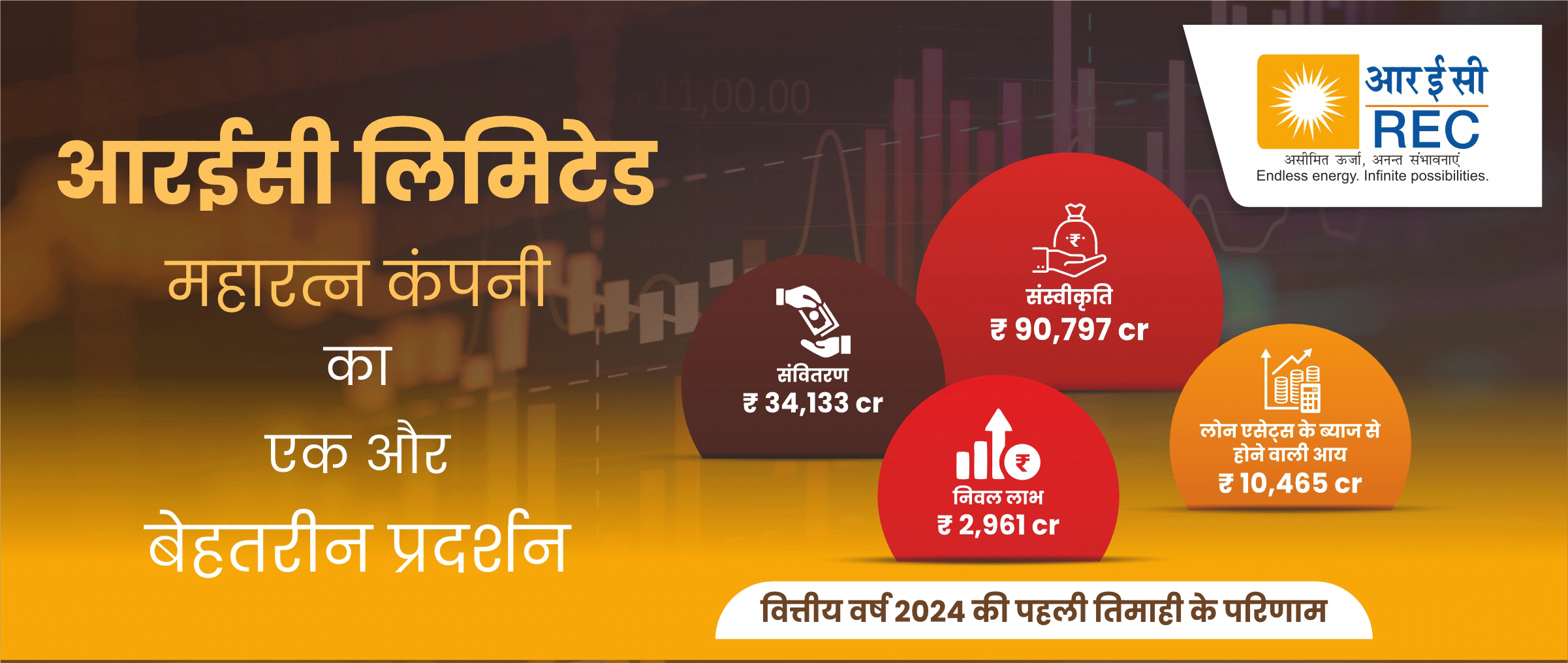TO RECIEVE EXCLUSIVE POSTS AND NEWS
Must Read
Ranjan's mettle to be tested in a land case in TN HC
By MK Shukla & Rakesh Ranjan- 08 Feb 2021
1192New Delhi (08.02.2021): The newly-appointed TN CS Rajeev Ranjan will have a difficult job on February 12, 2021, explaining things that are not of his own doing but of the political executive has done before his arrival a week or so ago in Chennai. On that day, he will have to explain to Madras HC judge N Seshasayee why the state government published its intent on land acquisition in a little-known daily called ‘Trinity Mirror’, which is claimed to have wide circulation in Hosur Taluk. He may also have to clarify, and this will have lasting influence all over the country on the government policy on giving ads to the media particularly newspapers and periodicals in matters of land acquisition and other things, whether circulation merely means the number of copies of a newspaper sold by a media house or total viewership. On February 5, 2021, Justice Seshasayee had condemned the TN administration for publishing the ad in the little-known newspaper on the ground that it may amount to a fraud on the statute governing land acquisition as well as a fraud on the fundamental right to property of the citizens Impleading the CS as the fifth respondent suo motu, the court wondered whether the TN administration was even aware of the law. Justice Seshasayee said: “This Court is at a loss to understand why after two decades, the bureaucracy has not considered it necessary to appreciate what the law on the subject is (while citing 4 rulings on the subject matter). Should the Court presume that the bureaucracy has not considered Article 261 of the Constitution of this country as worthy of respect?” He pointed out that the Right to Fair Compensation and Transparency in Land Acquisition, Rehabilitation and Resettlement Act, 2013, as well as the State Enactments on the land acquisition mandate a public notice at least in one English and one vernacular newspaper, both of which must have wide circulation in the locality where the land is intended to be acquired. He wanted to know that, since the word ‘locality’ is not defined, whether it will mean a particular village where the property is situated, or the Taluk or the District concerned. He further reasoned that, since it is not clear whether the daily in question, ‘Trinity Mirror’, has a wide circulation throughout the District, why other popular newspapers with greater circulation were ignored. He also desired to know whether circulation implied a mere sale of the number of copies of the newspaper, or did it mean the total readership. And, then, he observed: “If the intent of the statute is to ensure that the notification of an intended acquisition reaches as many people in the locality as possible, then it can only signify the readership and not the sale of newspaper copies.” (By MK Shukla & Rakesh Ranjan)
Readers' Choice
ED arrests Anil Tuteja in Chhattisgarh liquor scam case 21 Apr 2024
IPS officer writes to “Sarkar” seeking “Car” at par; flags a discriminatory regime 19 Apr 2024
Gujarat: A major reshuffle of IPS enacted 14 Apr 2024
Ex IAS officer joins BJP; to be fielded against Harsimrat Badal 12 Apr 2024
ECI rejects proposal to appoint Saunik as CS; extension for Kareer sought 29 Mar 2024
Ranjan's mettle to be tested in a land case in TN HC
By MK Shukla & Rakesh Ranjan - 2021-02-08 10:00:00

New Delhi (08.02.2021): The newly-appointed TN CS Rajeev Ranjan will have a difficult job on February 12, 2021, explaining things that are not of his own doing but of the political executive has done before his arrival a week or so ago in Chennai.
On that day, he will have to explain to Madras HC judge N Seshasayee why the state government published its intent on land acquisition in a little-known daily called ‘Trinity Mirror’, which is claimed to have wide circulation in Hosur Taluk. He may also have to clarify, and this will have lasting influence all over the country on the government policy on giving ads to the media particularly newspapers and periodicals in matters of land acquisition and other things, whether circulation merely means the number of copies of a newspaper sold by a media house or total viewership.
On February 5, 2021, Justice Seshasayee had condemned the TN administration for publishing the ad in the little-known newspaper on the ground that it may amount to a fraud on the statute governing land acquisition as well as a fraud on the fundamental right to property of the citizens
Impleading the CS as the fifth respondent suo motu, the court wondered whether the TN administration was even aware of the law.
Justice Seshasayee said: “This Court is at a loss to understand why after two decades, the bureaucracy has not considered it necessary to appreciate what the law on the subject is (while citing 4 rulings on the subject matter). Should the Court presume that the bureaucracy has not considered Article 261 of the Constitution of this country as worthy of respect?”
He pointed out that the Right to Fair Compensation and Transparency in Land Acquisition, Rehabilitation and Resettlement Act, 2013, as well as the State Enactments on the land acquisition mandate a public notice at least in one English and one vernacular newspaper, both of which must have wide circulation in the locality where the land is intended to be acquired.
He wanted to know that, since the word ‘locality’ is not defined, whether it will mean a particular village where the property is situated, or the Taluk or the District concerned.
He further reasoned that, since it is not clear whether the daily in question, ‘Trinity Mirror’, has a wide circulation throughout the District, why other popular newspapers with greater circulation were ignored.
He also desired to know whether circulation implied a mere sale of the number of copies of the newspaper, or did it mean the total readership.
And, then, he observed: “If the intent of the statute is to ensure that the notification of an intended acquisition reaches as many people in the locality as possible, then it can only signify the readership and not the sale of newspaper copies.”
(By MK Shukla & Rakesh Ranjan)















